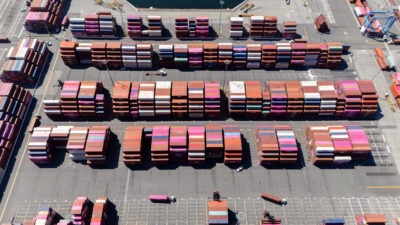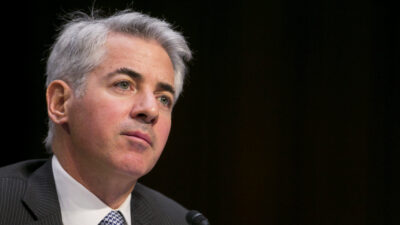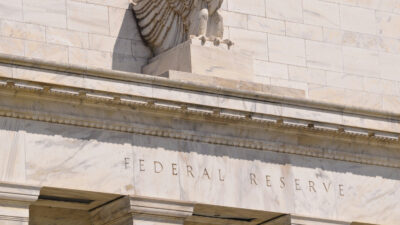Don’t Hold Your Breath for Trade Wins from G7 Finance Summit
Hanging over the proceedings is the countdown to July 8, when the US is poised to slam its allies with “reciprocal” tariffs.

Sign up for smart news, insights, and analysis on the biggest financial stories of the day.
The world’s rocky trade relations are playing out in the Rockies this week. G7 finance ministers and central bankers gathered in the mountains of western Canada yesterday to start a three-day summit.
Hanging over the proceedings is the countdown to July 8, when Washington is poised to slam its allies with “reciprocal” tariffs.
Rocky (Mountain) Diplomacy
Global trade is expected to dominate discussions in Banff, Alberta, which, at 4,500 feet above sea level, is Canada’s highest incorporated town. But the scenic views are not likely to inspire harmony: A US Treasury official told Reuters that, while negotiators have “made very substantial progress” with some G7 partners, there’s unlikely to be word of any new trade deals.
Under President Trump’s plan, goods from most countries are currently subject to a 10% universal tax, while a 25% levy has been placed on steel, aluminum, and auto imports. On July 8, a moratorium on the additional “reciprocal” tariffs expires, threatening to slam imports with a range of levies: 20% for EU shipments and 24% for Japanese goods, for example. Under that threat, the EU downgraded its growth forecast for the eurozone from 1.3% this year to 0.9%. Officials from other G7 members — the forum also consists of Britain, Canada, France, Germany, Italy, and Japan — have exhibited or hinted at varying degrees of urgency:
- The UK, pressing for agreements post-Brexit, agreed to a non-binding framework with the US earlier this month that touched on parts of their trading relationship. At this week’s meeting, Treasury Secretary Scott Bessent plans to talk with Japanese officials, who represent one of 18 “important” partners Bessent says he’s focused on, but further trade discussions will be held in Washington, Reuters reported.
- Canadian Prime Minister Mark Carney — whose country has the unique advantage of remaining mostly tariff-free, thanks to the USMCA agreement — has suggested in recent months that he will not rush a deal with Trump. On the other hand, German Finance Minister Lars Klingbeil called for a resolution to the trade standoff as quickly as possible before leaving Berlin.
“It’s about making clear to the US side that this tariff policy is really endangering the global economy,” Monika Schnitzer, an economist at Munich’s Ludwig Maximilian University, told public broadcaster ARD of the message US officials will hear.
Area of Agreement: US officials briefed multiple outlets that Bessent plans to press his counterparts to address China’s nonmarket practices, a term for government intervention that distorts markets, such as the country dumping cheap goods on the world, leading to so-called “overcapacity.” For example, the Organization for Economic Cooperation and Development estimates Chinese steel subsidies are more than 10 times higher than those in OECD countries, which can allow producers that would otherwise fail to instead operate at a loss. In 2023, China produced 54% of the world’s crude steel. Other G7 officials and US politicians from both parties largely agree with Bessent’s concerns.











